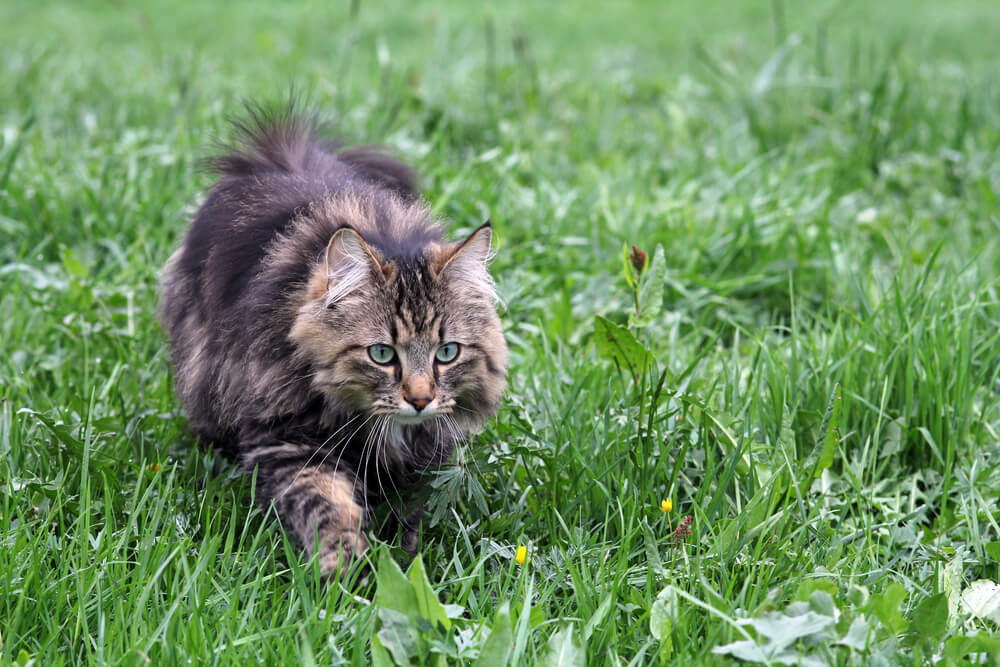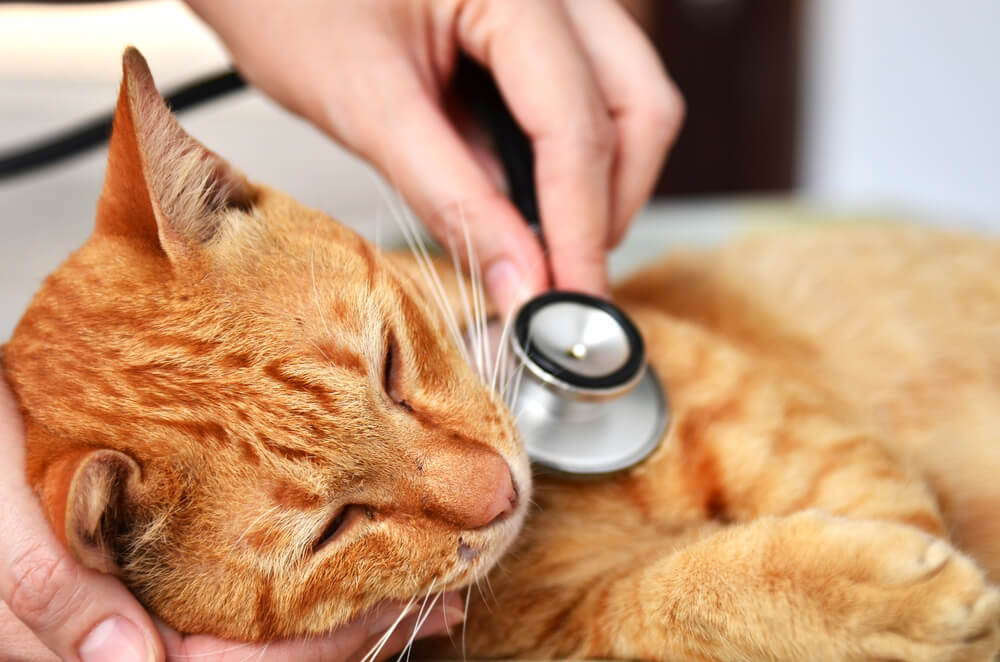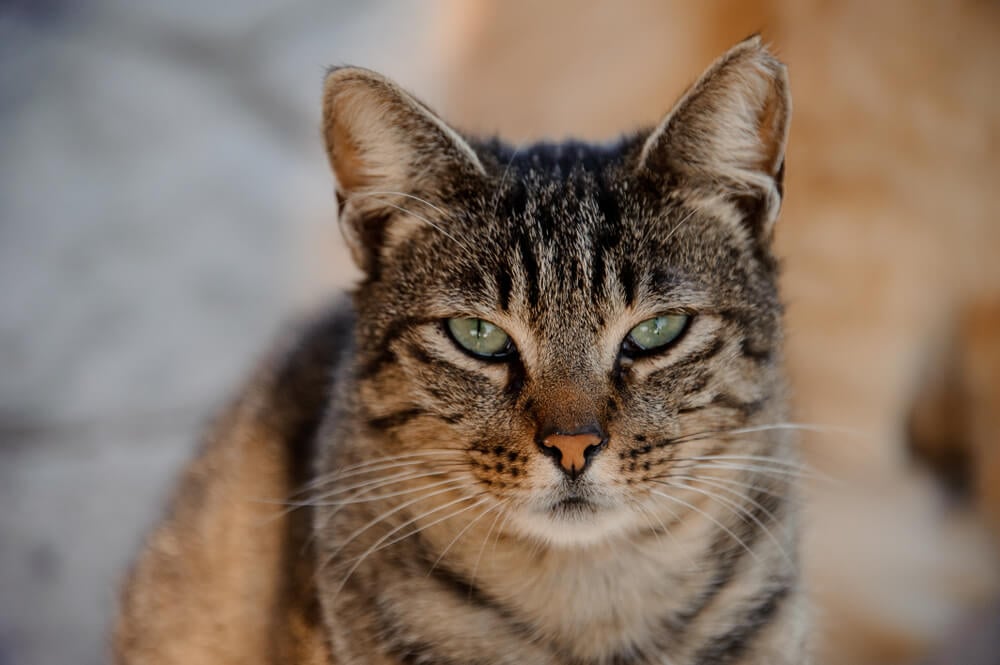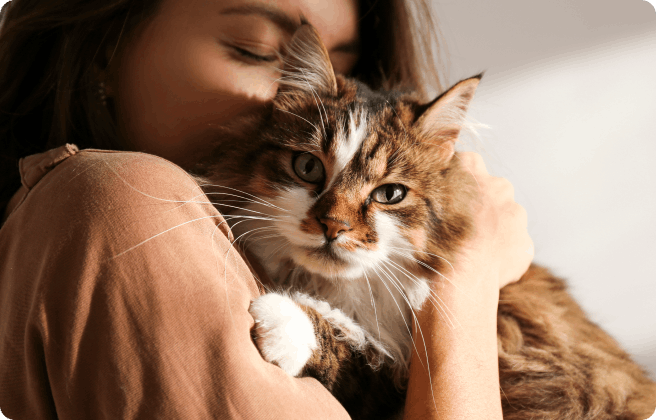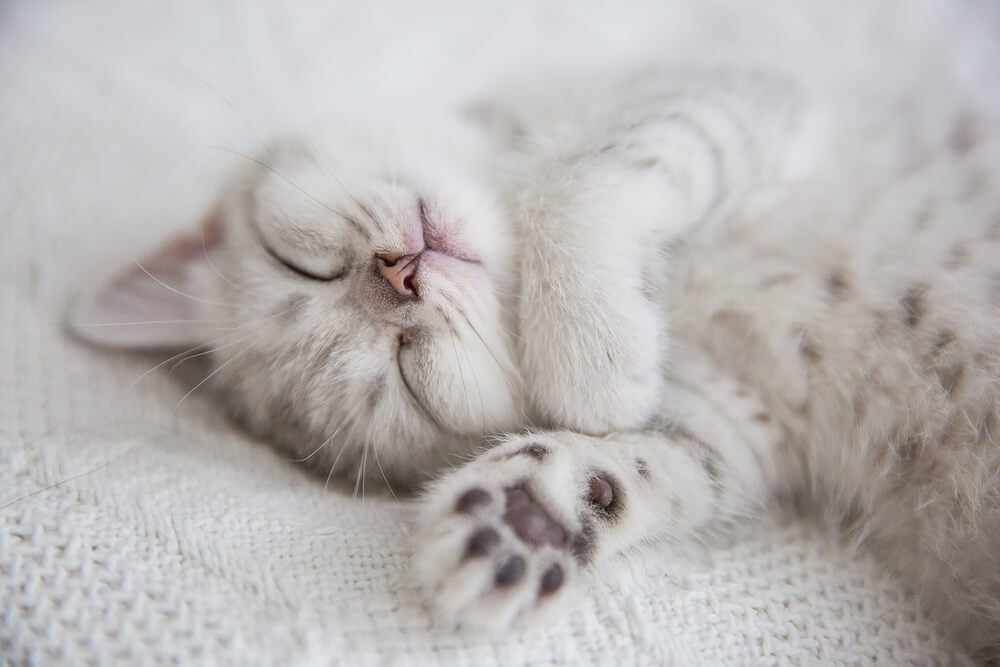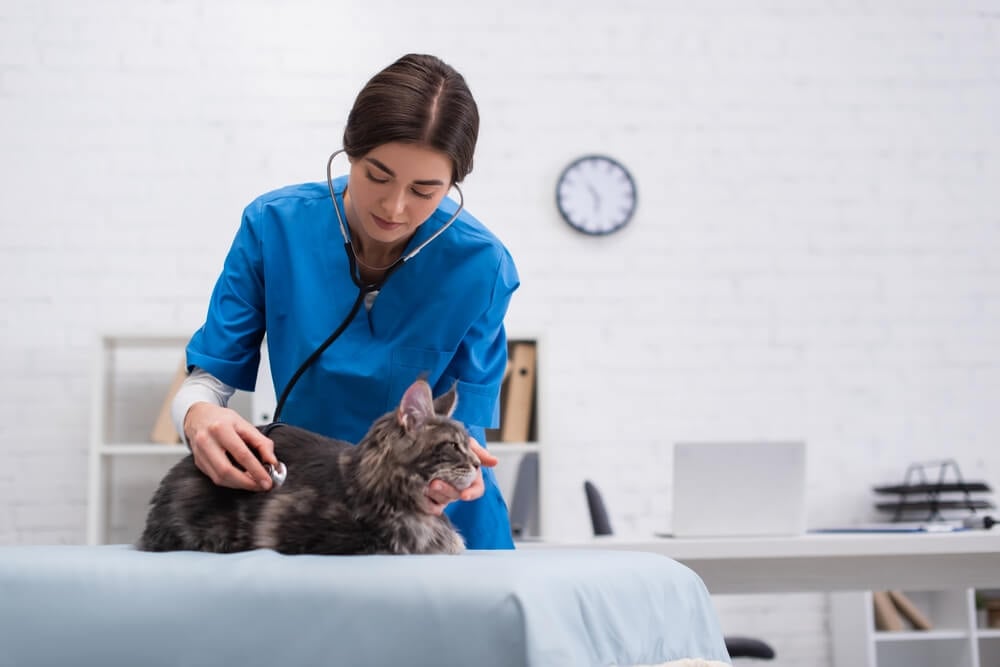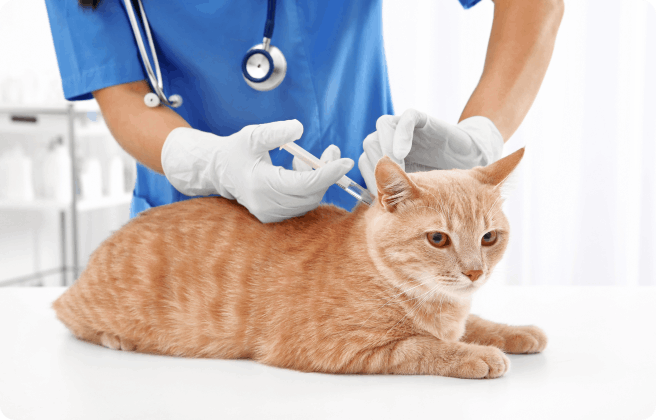
Just like humans, cats need vaccinations to protect them from illness and disease. However, cat vaccinations are a controversial topic as there is no one-size-fits-all vaccine schedule and some vaccines have come into debate because of their reported side effects.
There is a lot of contradicting information and advice regarding cat vaccinations, but the main thing to remember is that there are two types of vaccine:
- Core – for all cats and highly recommended by vets
- Non-core – depending on cat lifestyle and environment, sometimes recommended by vets
Ultimately, it is your choice whether you choose to go ahead with non-core vaccines, but you should always seek advice from your veterinarian.
You can then keep your cat’s vaccinations up to date and effective with booster shots, the frequency of which will depend on your cat’s lifestyle and the level of risk they are at.
Cat Vaccine schedule
Your veterinarian will help you to build a vaccine schedule which is suitable and personalized to your cat, as some cats are more at risk of developing diseases than others. This will depend on:
- Age
- Medical history
- Vaccination record
- Risk of being exposed to disease
- Lifestyle
- State laws
- Brand of vaccine
For example, indoor cats may require less vaccines than cats spending more time outdoors and with other animals. Some diseases are more contagious, dangerous and widespread than others, so vaccines against them will be recommended, such as FVRCP and rabies.
Which vaccines does my cat need?
The core vaccines that your vet will recommend and the diseases they protect against, in line with American Animal Hospital Association (AAHA) and American Association of Feline Practitioners (AAFP) guidelines, are:
- FHV-1
This vaccine protects against Herpesvirus infection, also known as feline viral rhinotracheitis (FVR), which is an infectious and highly contagious disease in cats.
Symptoms include conjunctivitis or runny eyes, sneezing, cold sores, nasal congestion, loss of appetite, and lethargy.
- FCV
Feline Calicivirus (FCV) is contagious and can become fatal if a cat develops FCV-associated virulent systemic disease (FCV-VSD). The FCV vaccine can help to reduce the severity of an FCV infection and prevent the spread of the disease, as cats can become long-term carriers without a vaccine.
Symptoms of FCV include sneezing, nasal congestion, fever, drooling, and ulcers on the tongue, gums, lips or nose. It can be extremely painful.
- FPV – Feline Panleukopenia or Feline Parvovirus
The FPV vaccine can provide long-term protection against feline parvovirus and is particularly important for kittens as feline parvovirus can be fatal. It is a resilient disease which can survive in contaminated environments for up to a year.
Not all cats show symptoms but symptoms can include vomiting, frothing of the mouth, variable temperature, inability to eat or drink, diarrhea.
- Rabies
This vaccine protects against rabies, a viral disease which is predominantly fatal in unvaccinated cats and is transmitted through the saliva of infected animals. The most common way to contract rabies is being bitten by infected wildlife such as raccoons, skunks, and foxes.
Symptoms include fever, lack of energy, decreased appetite, leg paralysis, seizures, change in behavior, aggression, and hypersalivation or foaming at the mouth.
- FeLV (cats younger than 1 year old) Feline Leukemia Virus
Feline Leukemia Virus is fatal as there is no treatment to eliminate it from the body, so an FeLV vaccine is crucial for preventing the infection.
Symptoms of FeLV are mild initially, mostly fever and lethargy, but they soon develop into a more serious condition. The virus damages white blood cells which means affected cats have a weakened immune system and are unable to fight off other infections. As a result, cats may develop anemia or experience weight loss, difficulty walking, recurrent diarrhea, and weakness.
The FVR/FHV-1, FCV, and FPV vaccines are often combined into a single vaccine called the FVRCP vaccine. The frequency of this vaccine will depend on whether your cat lives indoors or outdoors — yearly shots may be needed if your cat lives outdoors, a combination of indoors and outdoors, or is a young or senior cat. Cats solely living indoors can have this jab every 3 years.
Non-core vaccines, and the diseases they protect against, which are optional and depending on your cat’s lifestyle/their exposure to disease are:
- Chlamydophila Felis – Feline Chlamydia
- Bordetella Bronchiseptica – Feline bordetellosis
- FIP – Feline Infectious Peritonitis
How do vaccines work?
Every vaccine is different in how it is prepared and which microorganism it contains, but the basic principle is the same across all vaccines.
They contain a mild or harmless version of the disease they are made to protect against, so that your cat’s immune system can learn how to identify and fight against it.
For example, a rabies shot will help the immune system to recognise a true rabies infection and either lessen the severity of the disease, or help faster recovery.
Vaccines can help to prevent illness but your cat can still be a carrier, so if you own multiple cats it’s important that they are all vaccinated.
What will happen if I don’t vaccinate my cat?
Unvaccinated cats can catch multiple diseases and illnesses such as Feline Leukemia, which has a fatality rate of almost 90%. Other illnesses such as Feline Immunodeficiency Virus, or cat AIDS, can cause lifelong symptoms.
Your cat may never catch these diseases and it is important to remember that a vaccine is not a guarantee that your cat will not develop them in some form. However, a vaccine schedule will drastically reduce the risk that your cat will not become seriously, or fatally ill, from the diseases they are vaccinated against.
When should I vaccinate my kitten?
As a general rule, kittens should be vaccinated with their first shots between six and eight weeks of age. Booster shots will be given every three to four weeks until they are aged 16-20 weeks old.
A kitten isn’t fully protected until seven to ten days after its vaccine schedule.
What booster shots will my cat need?
Traditionally, vets have recommended that booster shots are administered every year. But as research advances, so do vaccines. Some brands have even developed approved three-year doses of the core vaccines.
Vaccine schedules and booster shots are now personalized to each cat, depending on its lifestyle and environmental factors.
Cats at higher risk of exposure will most likely be recommended a yearly vaccine, but low-risk cats will only need to receive a full booster series of core vaccines every three years. Non-core vaccines will be needed as recommended by your vet.
Most adult cats which had a full series of vaccines as kittens should be re-vaccinated a year later, followed by every one to three years depending on a lifestyle risk assessment.
The most important thing to remember is to regularly consult your veterinarian about vaccinations for your cat, and follow their advice or vaccine schedule.
We uphold the highest editorial standards when creating the authoritative content pet parents rely on and trust.
Every piece of clinical content on the Cat Food Advisor is reviewed by our certified Veterinary Advisory Board, which consists of licensed veterinarians and medically certified specialists.
Our reviews are completely independent; we are not paid by any pet food company to promote their products favorably. We do not accept money, gifts, samples or other incentives in exchange for special consideration. For more information see our Disclaimer & Disclosure page.




